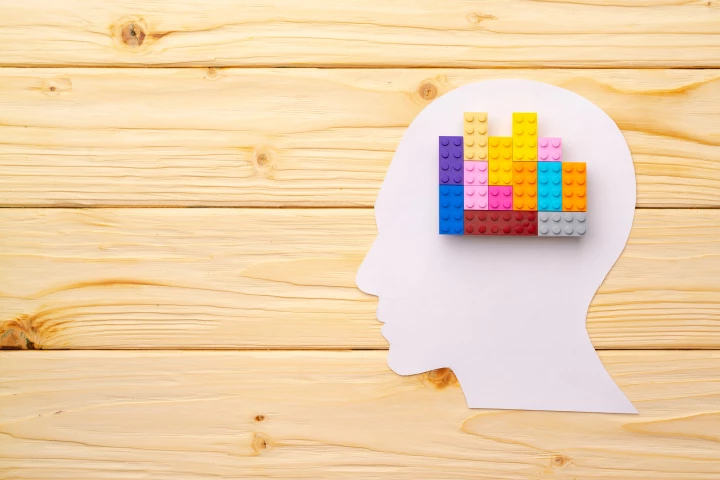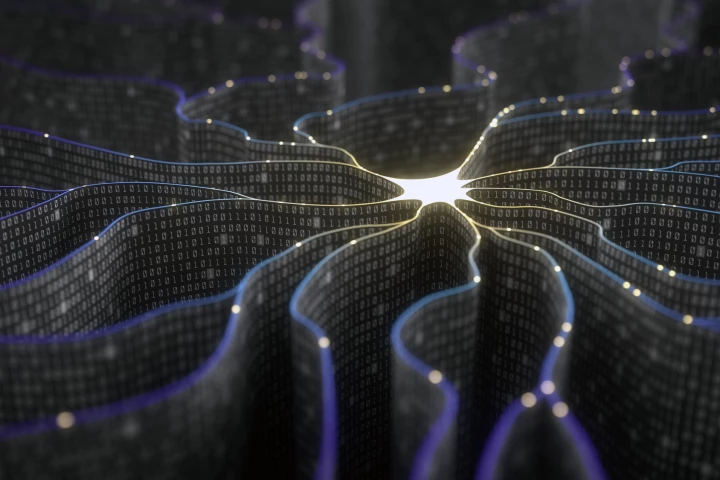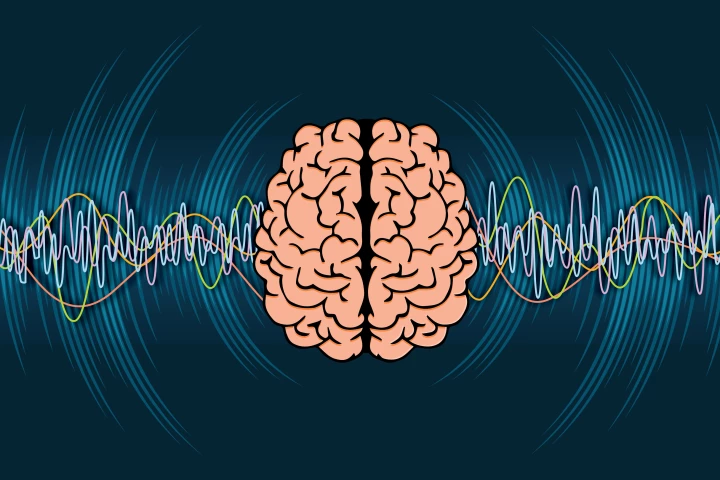neurons
Neurons
-
In a breakthrough, scientists have discovered that a variant in one gene can cause mental illnesses – something previously believed to only be the result of several variants working together. What's more, these conditions often develop in childhood.
-
In a major brain science breakthrough, researchers discovered a nerve signaling mechanism that takes place outside the cell, flipping on a 'pain switch.' This could shed light on a path to safer pain medication without the usual side effects.
-
Scientists have made history with a device that successfully eavesdrops on the neuronal chatter between the brain and the gut, furthering our understanding of its intrinsic interconnectedness – and how it drives health and disease throughout the body.
-
US brain-computer-interface startup Paradromics is establishing itself as a major player in the neural-device space, with the Food and Drug Administration green-lighting a human trial to test its ability in restoring speech to people with paralysis.
-
Groundbreaking research has uncovered three gene variants that increase the risk of attention-deficit/hyperactivity disorder by up to 15 times. It's a remarkable finding, considering that thousands of mutations only come with a nominal elevated risk.
-
One of the brain’s biggest benefits from exercise – the birth of new neurons – may not even require any movement. Instead, the beneficial “packages” circulating in the blood after working out can be successfully transferred to others.
-
New research has found that the loss of social memory – recognizing friends and family – in Alzheimer's disease (AD) could come down to specific structures around brain cells. And targeting this delicate scaffolding may potentially prevent this heartbreaking stage in cognitive decline.
-
We've all experienced defeat at some point – losing a game, a potential new job, a debate. Now, a new study has found that the brain may learn from losing to others, with a specific group of neurons tied to defeat that then changes our future behavior.
-
Chronic stress can rewire the brain, leading to a host of mental health issues. Now, scientists believe that one small sugar-adding process may act as a switch for depression, providing new insights into mood disorders – and a new target to treat them.
-
Scientists have built an artificial neuron that’s so realistic it fires, learns, and responds to chemical signals just like the real thing – a breakthrough that could transform computing, medicine, and the way that tech merges with biology.
-
Scientists have found out exactly how an exercise-triggered molecule suppresses hunger signals in the brain, leading to weight loss. It could be harnessed as a therapeutic, providing the same benefit without the work it takes to produce it naturally.
-
In a landmark study, scientists have found that a specific rhythm in our brains determines how well we process the world around us. This discovery could change how we understand and treat focus, attention and memory in Alzheimer's disease and ADHD.
Load More











